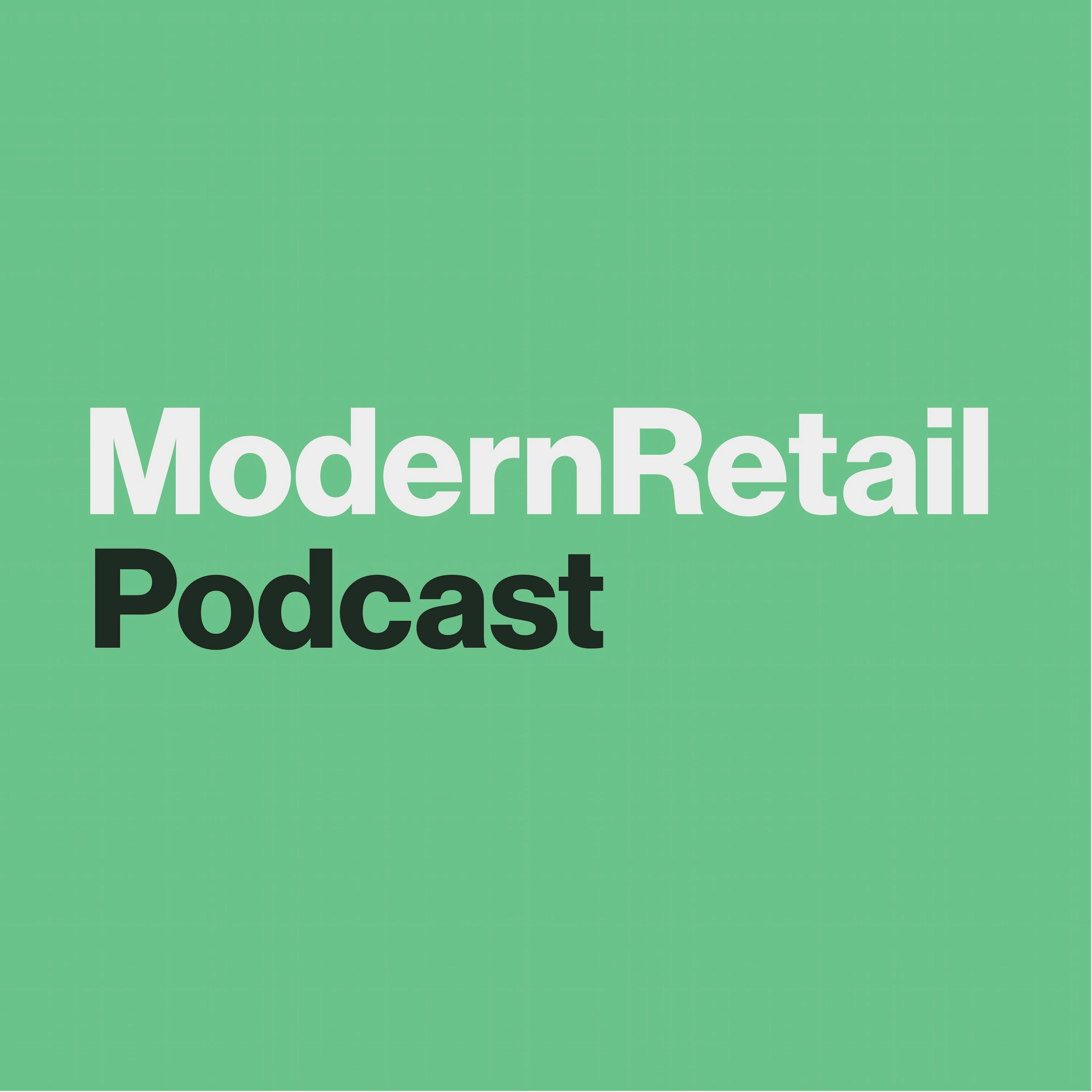We can't find the internet
Attempting to reconnect
Something went wrong!
Attempting to reconnect
'We write Nature papers and we write Instagram posts': Seed Health's Ara Katz on evangelizing the microbiome

Access AI content by logging in
Seed Health is a microbiome company trying to disrupt the way health, business and science overlap.
While its first product is its probiotic line, Seed has more lofty ambitions to do deep research into human health and rethink the way most people think about the microbiome. The microbiome technically is the community of microbes that live inside an organism, but it's most commonly referred to as a generalized term for human gut health that supplements like probiotics help to support.
On the Modern Retail Podcast this week, co-founder and co-CEO Ara Katz spoke about the company's growth and its big plans for the future. It raised a $40 million Series A in 2021 and it just announced a new partnership with a Swiss research institute to help develop a new line of home and personal care products. Its first product, Seed, comes in two versions -- adult and pediatric -- and are daily non-prescription probiotic supplements that go for about $50 a month. The overall goal of Seed Health, said Katz, is "to realize the potential of the microbiome to improve human and environmental health."
But with such a big mandate comes a lot of work -- and some of that has to do with branding and marketing. For example, the very concept of a microbiome may be foreign to most people. For someone like Katz, who works with scientists and influencers, that means figuring out the best way to explain the company's message.
According to Katz, it means wearing a bunch of hats and figuring out the best method of communication for the audience at hand. "We write Nature papers and we write Instagram posts," she said. "And they're wildly different."
With that also comes the task of figuring out sales growth. For now, most of Seed's sales come from its website, but it has been dabbling in brick-and-mortar retail. For example, Seed supplements are available for purchase at Erewhon. But even that isn't a straightforward wholesale partnership -- because Seed relies on a subscription model, Erewhon and Seed have an affiliate relationship so that the store gets a cut of sales even after the first in-store purchase.
The Erewhon partnership, she said, is working out "better than we thought better than we thought it would."
For now, the focus is on growing Seed Health's research which will go into its new products. "Now that we we have an understanding of what we believe -- and we know the efficacy of our first few products," she said. She's now figuring out "how do we scale them in a way that creates the greatest amount of health impact."
